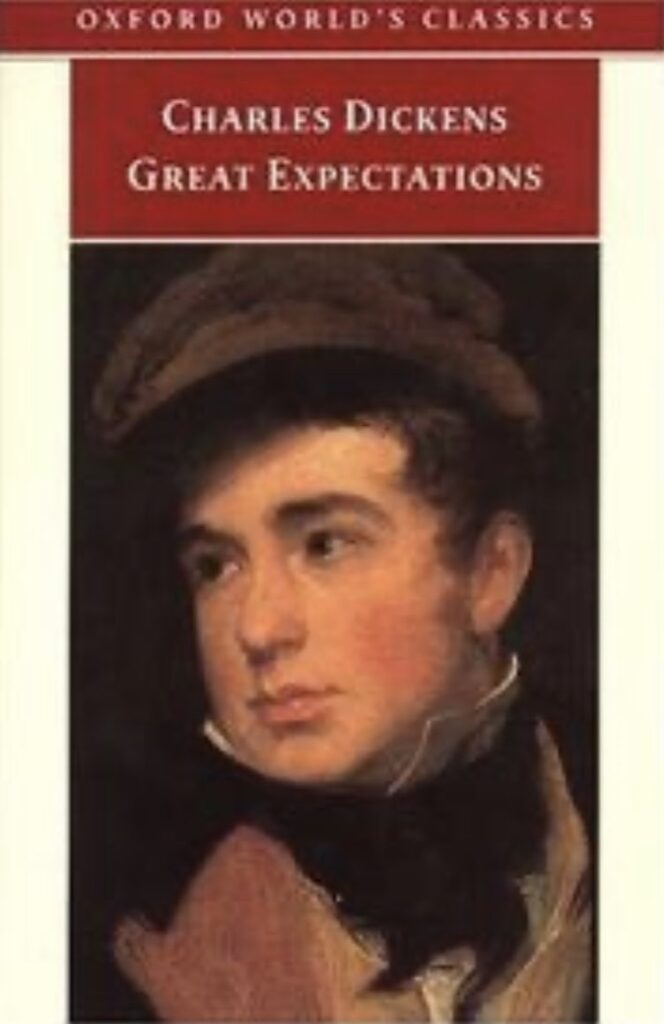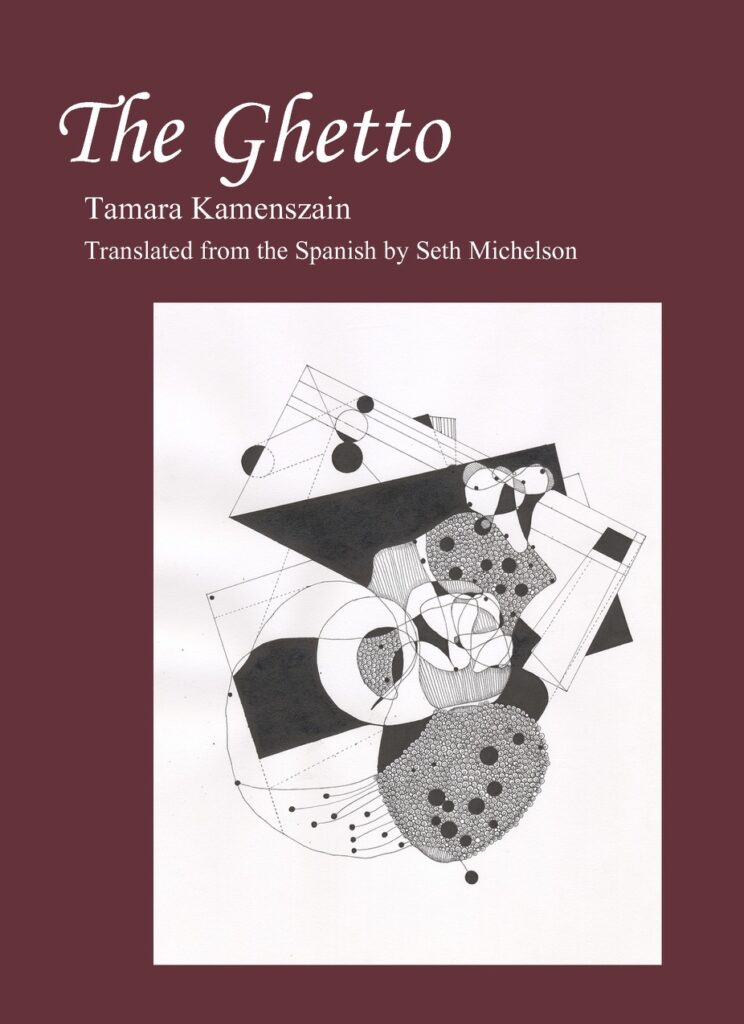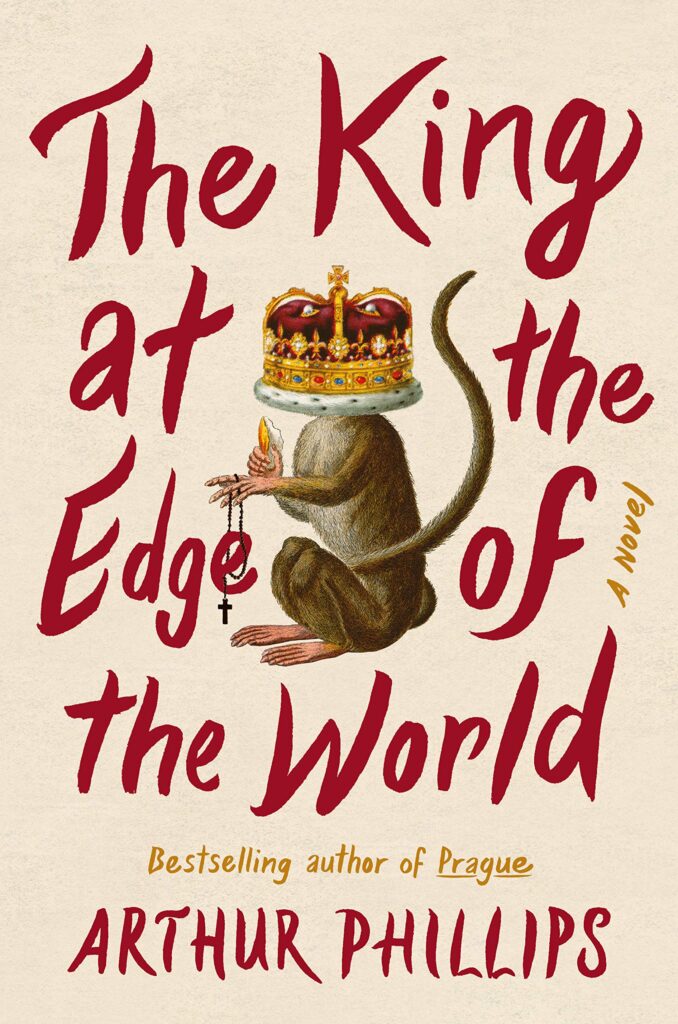I didn’t get a lot of reading done this month, but I have a good excuse: I was attending a concert almost every night in July as part of the Heifetz International Music Institute’s Summer Festival of Concerts.
Great Expectations by Charles Dickens was the author’s penultimate novel and for some reason was chosen to be my book club’s selection for this month. Many Americans read the book in high school, but somehow I managed to avoid it, even though its characters and intrinsic morals have become part of our culture. Miss Havisham, an old maid with a hatred of men but a generous streak, is both a familiar name and type. Pip, the orphaned protagonist of the story who gains and loses a fortune, ultimately realizing his failure to be grateful to the people who helped him, is likewise familiar. The story, then, is simple enough—the rise and fall of a young Englishman and the pitfalls of revenge.
Behind the Scenes at the Museum by Kate Atkinson was her first novel, and like others of her books I’ve read, it is a sprawling family saga. This one begins with the conception of the narrator, Ruby Lennox, daughter of Bunty and George Lennox. (For the sake of the story, I’m willing to accept the idea of a zygote’s consciousness.) The chapters gradually carry Ruby’s story forward, but long footnotes to each chapter provide detail of other family members in her family tree—on her mother’s side—along with their various challenges, scandals, and tragedies, including male family members who served in the world wars. It’s all very complicated, but if one stays focused on Ruby, it makes sense. Atkinson is a fantastic writer, and this is one I’d recommend to anyone.
The Ghetto by Tamara Kamenszain, translated from Spanish by Seth Michelson is a bilingual collection of poems, including an essay by the poet that was not in the original Spanish edition. (The translator is a friend of mine.) My Spanish isn’t great, but it was fun to read both the original and translated versions of the poems, if only to get a sense of the sound the poet intended. As one of the back-cover blurbs says, “The spare, intense voice of these poems speaks of Tamara Kamenszain’s troubled relationship to the Jewish-Argentine experience, where history is a scratched Beatles record, words in Ladino, men with beards who glance askance at the women they see as carriers of sin.”
The King at the Edge of the World by Arthur Phillips grew on me. Late last year I read this author’s novel Prague (which is actually set in Budapest, and I read it because I was traveling there) and was impressed. I wanted to read another, and this title intrigued me. The book begins, though, with a delegation of Turks arriving at the court of Queen Elizabeth I in 1591, focusing on the Sultan’s physician who is traveling with them. His manipulative rival arranges for the doctor to be left behind when the delegation returns to Constantinople, and the rest of the novel is about how he is used by a political faction that is worried about the expected succession to the throne of King James of Scotland when Elizabeth dies. The beginning was necessary, but it took some time before the reader gets to King James—the book’s title character. That aside, I liked the book a lot and found the writing excellent. (I had a library copy of the book but also listened to the audiobook version, which was narrated wonderfully.)





